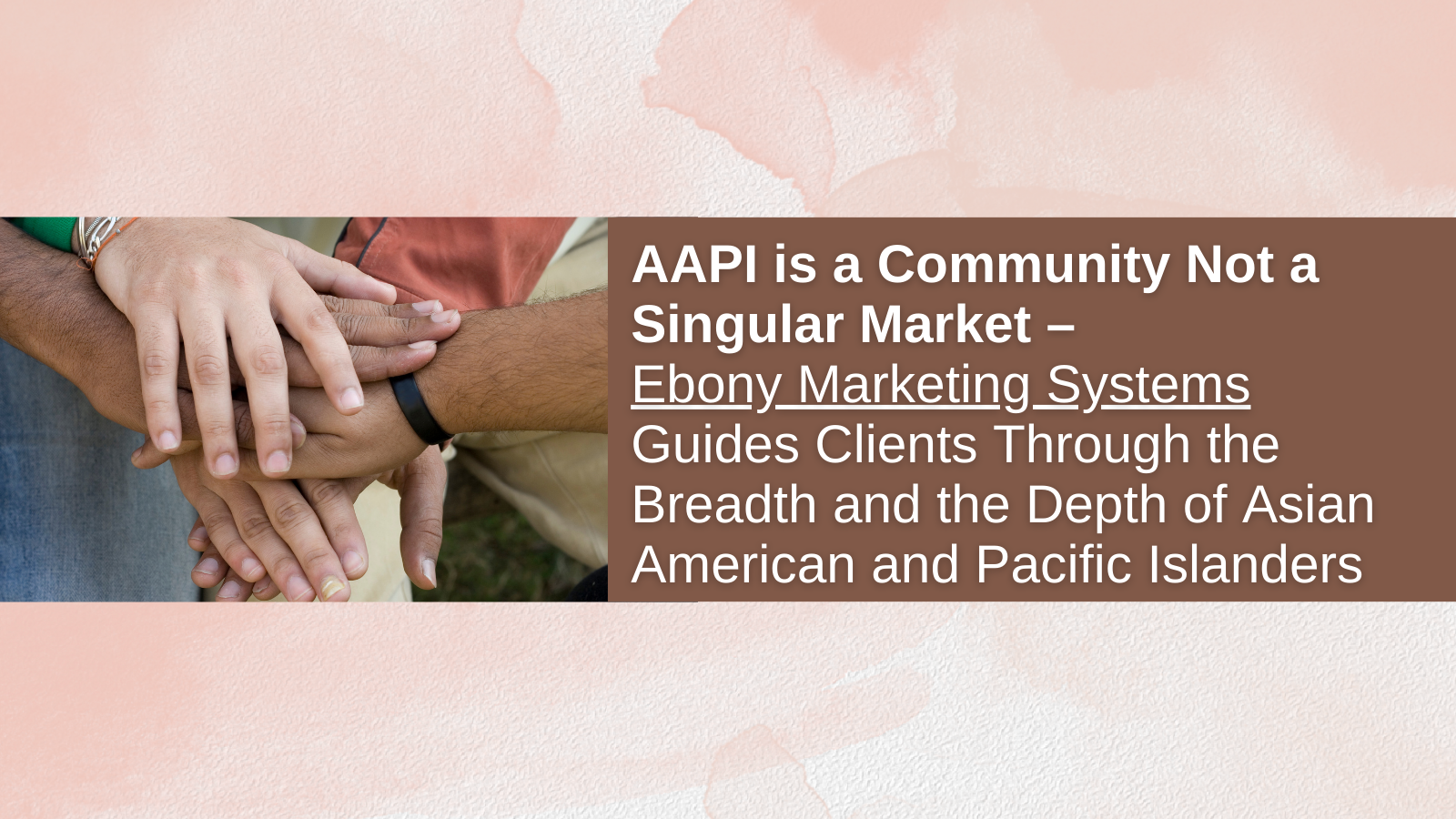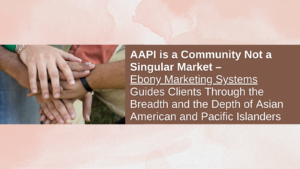A satisfied audience or customer base is key to your business’s success. You must keep your finger on your customers’ pulse to measure their satisfaction levels. Conducting a customer survey is one of the best methods of understanding whether you’re meeting their needs and expectations and obtaining critical, actionable feedback. However, if you don’t ask good survey questions or fail to phrase them correctly, you could end up with skewed, biased, or unhelpful answers that cannot give you the insight you need.
Here are three essential tips for forming survey questions that yield meaningful information:
#1. Focus primarily on close-ended questions.
A close-ended question has limited, pre-defined response options. For example, a company might ask: Which of our products/services do you use most? Then list several potential choices, including a “none of the above” or “other” option. Another close-ended question might be: How likely are you to recommend us on a scale of 1-10? These types of questions yield quantitative data that is relatively easy to analyze and compare to previous or subsequent survey results.
#2. Use neutral, non-leading language
When forming questions, use language that doesn’t make assumptions or lead the customer in a particular direction. Questions such as “Where do you love using our product most?” or “How serious are the problems would you encounter if we discontinued the product?” make assumptions or lead the customer. The first presumes the customer loves the product; the second assumes the customer will encounter potentially serious problems. Companies can’t trust the responses to leading or biased questions since they won’t know whether these questions accurately reflect the customer’s feelings or whether the customer was influenced by its phrasing.
#3. Only ask about one issue at a time.
Avoid “double-barreled” questions. These questions ask the customer to give their opinion on more than one issue. A double-barreled question might be: how would you rate our product and the sales team? Customers who feel positively toward the product but negatively toward the sales team (or vice versa) wouldn’t be able to answer accurately, and the company wouldn’t receive accurate results. It’s best to ask clear, single-issue questions that leave no room for misunderstanding.
At Ebony Marketing Systems, we are experts at designing and conducting multicultural research that meets your company’s unique needs. We tailor our work to best suit you, the communities you serve, and those you want to serve. For more information, call us at (718)742-0006 or send us a message today.










